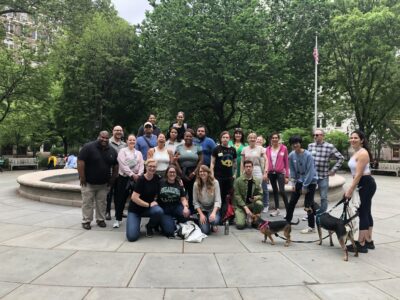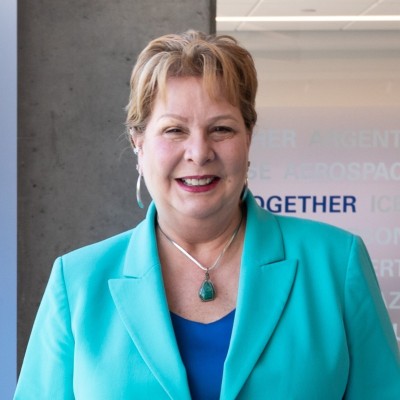The inaugural fellowship year of Code for America is over.
The experimental program that offered chosen cities a team of coders for a year to create open source products that make government more efficient, transparent or ideally both will be back in Philadelphia in 2012, making it the only city to participate in the organization’s first two years. The seven fellows dedicated to Philadelphia this year started in January with an orientation in San Francisco and spent the month of February here, before spending the rest of the year building back on the West Coast.
The City of Philadelphia paid $225,000 for the privilege, which covered stipends for the fellows and was supplemented by foundation and private money. Throughout the process, city and CFA officials were insistent on the fact that the benefit far exceeded the total covered by participating cities: CFA Executive Director Jen Pahlka has put the total consulting value at closer to $1.5 million for each city.
CFA fellow and former Azavea developer Aaron Ogle, who says he is returning to his adopted home of Philadelphia from the West Coast following the fellowship, provided Technically Philly an overview of the largest projects his team completed:
- Change By Us — The local rollout of the civic action crowdsourcing tool was the group’s signature project.
- Welcome America — The city’s annual July 4 celebration got a new website from the CFA fellows.
- Philly Goes 2 College — The fellows rolled out a website for the referral center within the Mayor’s Office of Education.
- Councilmatic — A nearly year-old hobby project of CFA fellow and Philly native Mjumbe Poe, developed at a CFA hackathon, that is due to be released as a tool to allow residents to more easily track and research city legislation.
- Mural Guide — Ogle and Poe built a web app using the Mural Arts API to map and detail nearby murals.
- PHL API — With the help of hobbyist hacker Mark Headd, a pair of the fellows built a GIS call API during their March hackathon.
- Reroute.it — Fellows built a mobile tool to help offer additional transit options to commuters.
- Septa.mobi — With the Devnuts crew, CFA fellows help with the rollout of the initial version of this real time SEPTA tool.
It’s worth adding that there is real value in the simple perception that Philadelphia is participating in a largely celebrated national, public-private partnership around innovation and city action.
All told an impressive list to be sure, but it’s important to point out that of these eight larger tangible projects, just the first three directly impacted city services (Change by Us has just launched and so has no track record and the next two were basic, if cool, website redesigns to narrowly-reaching city services), one hasn’t been deployed and the other four are relatively small tools with likely little scale.
The value of CFA is clear, and most of the Philadelphia tech community is likely supportive of taxpayer dollars going to this mind share, but there are certainly much bigger IT hurdles to overcome here.
Join the conversation!
Find news, events, jobs and people who share your interests on Technical.ly's open community Slack

Why is it so hard to find entry-level software engineering jobs?

Philly ‘tech walks’ encourage professionals to parade the streets — to build their networks

'Be bold': This digital innovation and business strategist urges fellow women leaders to be their authentic selves


